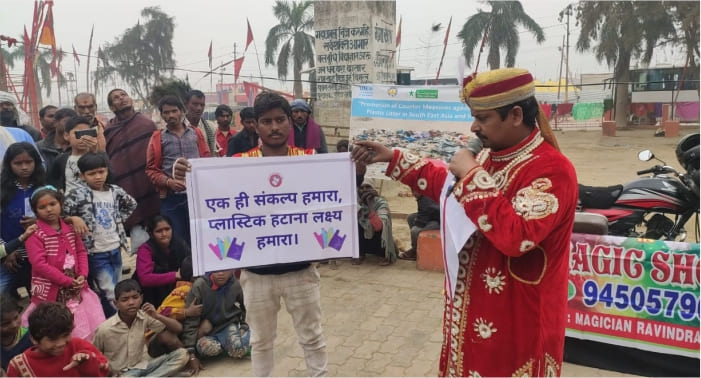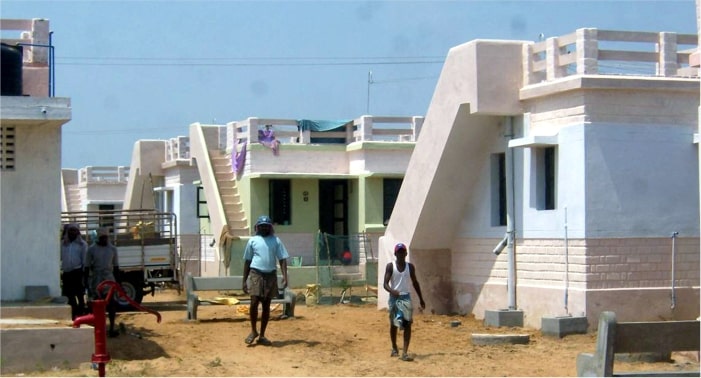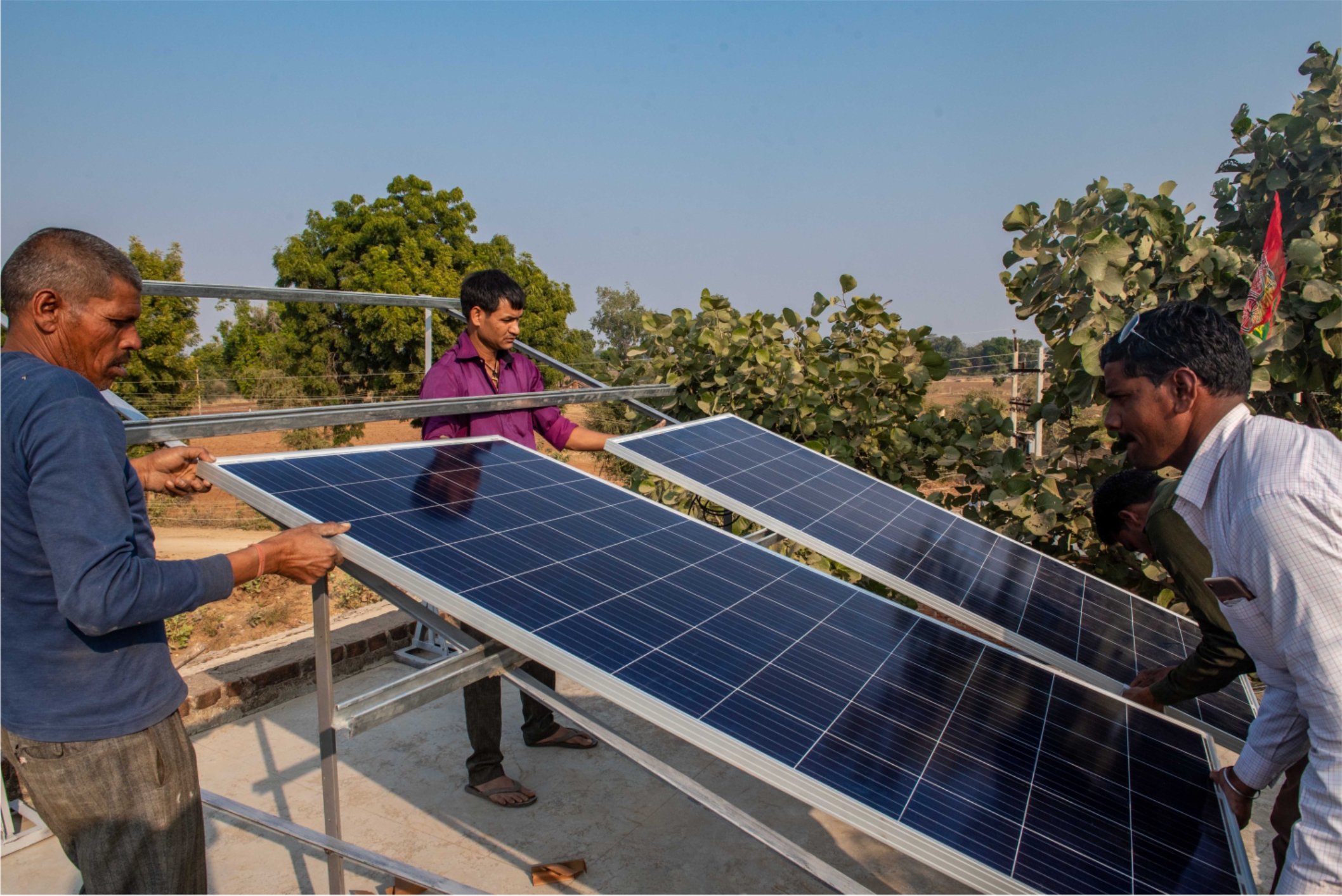Inefficient environmental management practices are one of the main causes of environmental degradation. Currently, inefficient resource utilisation contributes to enormous quantities of waste generation and carbon emissions because of our consumption and production patterns, right from extraction of raw materials till the product disposal stage. This linear ‘take–make–waste’ approach not only means a constant chain of natural resources utilisation but also leads to a huge economic burden of managing wastes.
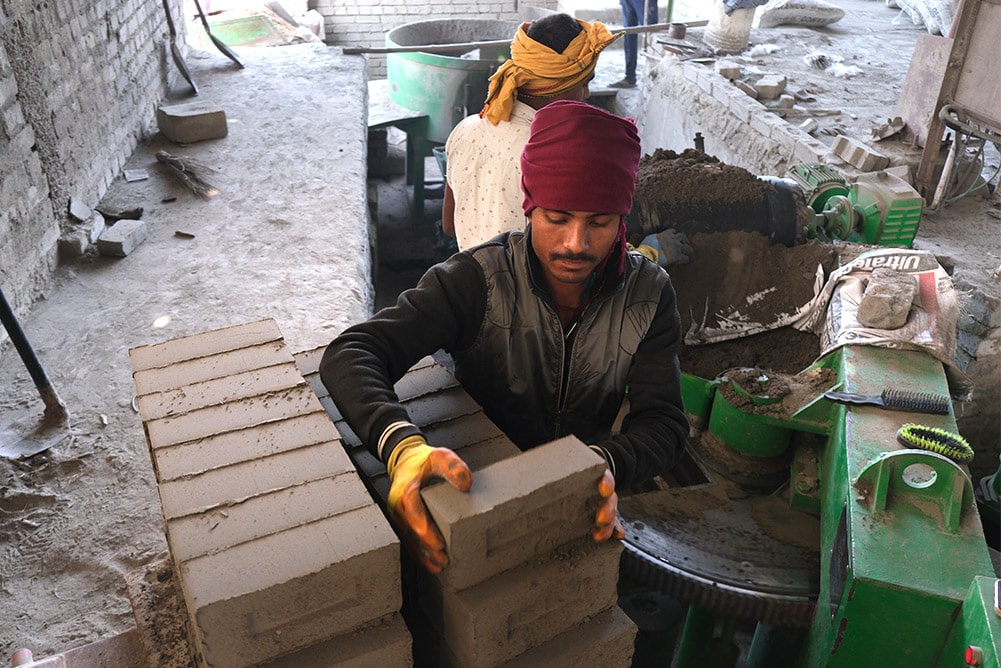
The building and construction sector has gradually become a major emitter of greenhouse gases. In 2019, the sector represented 38% of total global energy-related emissions, with almost 10% indirect emissions from materials (Global ABC, 2020). This project focuses on affordable housing and seeks to facilitate the transformation of the building and construction sector and enable the transition to low-carbon pathways by addressing supply and demand-side bottlenecks across the sectoral value chain.
The objective of the project is to reduce embodied carbon in the built environment and address the gaps in the construction sector value chain to assist transforming the supply and demand-side bottlenecks and transition to low carbon pathways for the sector in target geographies. It also aims to develop a sustainable building material market for the building and construction sector in India (focus on Odisha and Maharashtra and eventually provide lessons and approaches for further replication and scaling up in other states). The project is expected to impact the construction sector by promoting circularity and resource efficiency sector through market transformation and hopes to create an enabling ecosystem for responsible acquisition and utilisation of sustainable building materials.
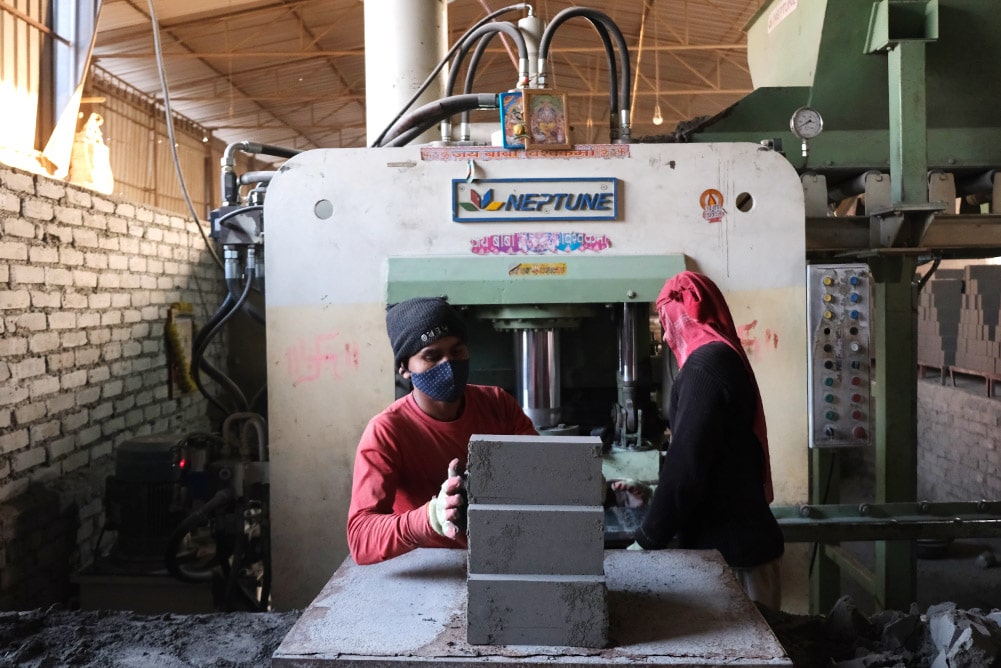
We offer unique solutions which take care of various socio-economic, environmental, and resource concerns in a holistic approach complying defined Sustainable Development Goals (SDG) set by the United Nations. These include the use of low-carbon, climate-resilient, renewable, decentralised, gender-inclusive participatory patterns of growth and resource management. We also work on innovating and delivering technology packages which lead to profitable business solutions.
